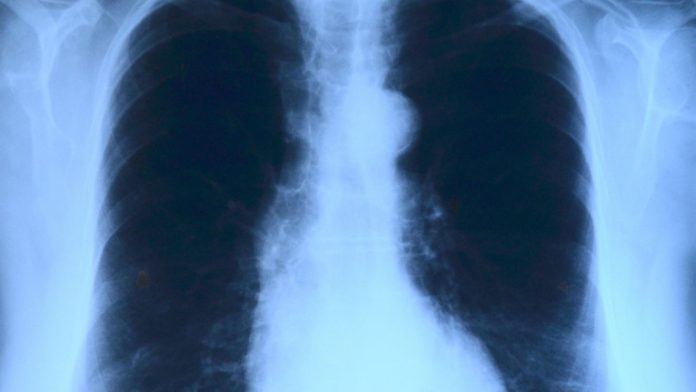
Newly released data from Public Health England (PHE) has shown a 9.3% decline in cases of tuberculosis (TB) in 2017, which represents the lowest rate of the disease in 35 years.
Tuberculosis is still one of the leading causes of death globally, with England having one of the highest rates in Western Europe at just under 5,200 affected people in 2017.
To mark World TB Day last week, PHE and its partners supported the ‘Light up for the world for TB’ campaign by the international Stop TB Partnership and World Health Organization, for which buildings and landmarks across the world were illuminated in red over the weekend.
The activity helped highlight the continued focus that is required to meet the ultimate ambition of permanently ridding England of the disease.
A declining trend
Dr Sarah Anderson, head of the National TB Office, PHE, said: “We are pleased to announce that we have seen a 9.3% fall in TB cases in the last year. This continues the declining trend of the last six years and is the lowest rate of TB we have seen in 35 years.
“People often think that TB is a Victorian disease that is no longer a problem in England, but in fact it still affects over 5,000 people a year and there is still a lot to do until the target to eliminate TB is met.”
Facts about TB
- The TB bacteria may not always develop into TB disease, but may remain in a latent state, which could be become active later in life;
- The majority of cases are curable with a six-month course of specific antibiotics;
- It usually affects the lungs, lymph nodes, bones and the brain, leading to serious complications;
- Most common symptoms are a persistent cough for more than three weeks, fever, unexplained weight loss and night sweats; and
- It is difficult to catch, and to be at risk of infection, an individual must spend many hours in close contact with a person infected with infectious TB.
Also last week, the European Commission released a statement for World TB Day underlying its commitment to end the TB epidemic by 2030.
Source: Public Health England























